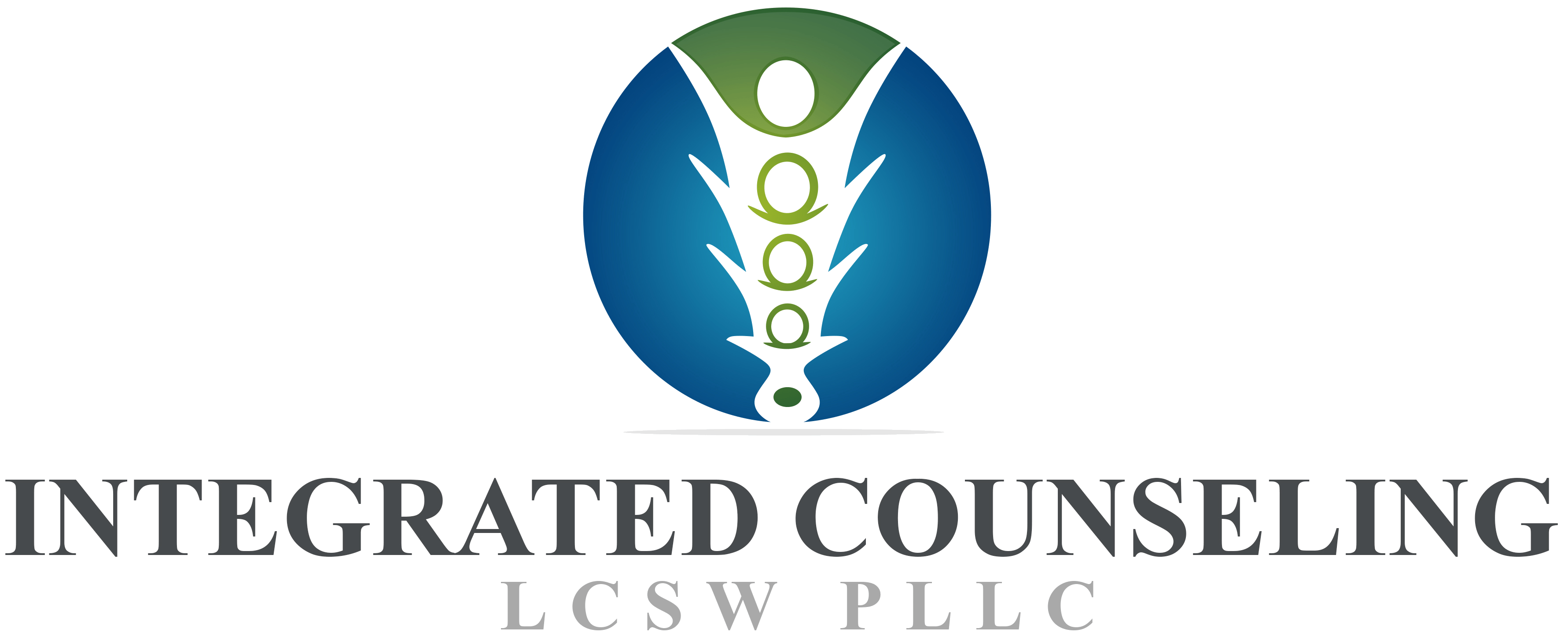GROUP THERAPY
Group therapy is a therapeutic approach that involves bringing together a small group of individuals facing similar concerns or challenges to engage in therapy together. As a group therapist, your role is to facilitate a safe and supportive environment where group members can share experiences, provide mutual support, and work together towards personal growth and positive change.
In group therapy, you would typically begin by conducting an initial assessment to understand the individual needs and goals of each group member, as well as ensuring that group dynamics are well-suited for therapeutic work. Throughout the therapy process, you would utilize various techniques and interventions to foster group cohesion, promote self-reflection, and facilitate meaningful interactions.
Treatment Process
Key components of group therapy include:
- Group Cohesion and Support: Fostering a sense of trust, respect, and cohesion among group members. This creates a supportive and non-judgmental space where individuals can share their thoughts, feelings, and experiences, knowing they will be met with empathy and understanding.
- Shared Experiences and Validation: Encouraging group members to share their personal stories, challenges, and successes. This helps individuals realize they are not alone in their struggles and fosters a sense of validation and normalization of their experiences.
- Interpersonal Feedback and Insight: Facilitating feedback and interpersonal interactions within the group. This allows group members to gain insights into how they relate to others and provides an opportunity for receiving different perspectives, support, and constructive feedback.
- Skill-Building and Coping Strategies: Introducing and practicing coping skills, stress management techniques, and other therapeutic tools that are relevant to the group’s specific concerns. This empowers group members with practical skills they can apply outside of the therapy setting.
- Psychoeducation: Providing information and education about the specific issues being addressed in the group. This may include learning about healthy communication, relationship dynamics, self-care practices, or strategies for managing symptoms related to a specific mental health condition.
- Group Process Reflection: Facilitating discussions about the group dynamics and interactions. This helps group members gain insight into their own patterns of behavior, communication styles, and how they relate to others within the group. Group process reflection promotes self-awareness and personal growth.
- Goal Setting and Accountability: Collaboratively establishing individual goals and encouraging group members to support each other in their progress. This creates a sense of accountability within the group and motivates individuals to work towards their desired changes.
- Termination and Closure: Preparing the group for termination and facilitating a process of closure. This involves reflecting on the progress made, acknowledging achievements, and discussing ways to maintain the positive changes after group therapy concludes.
Group therapy offers a unique therapeutic experience where individuals can gain insights, receive support, and develop new skills within a community of peers. By harnessing the power of the group dynamic and facilitating a collaborative process, group therapy aims to enhance self-awareness, build resilience, improve interpersonal skills, and provide a sense of belonging and support for each participant.






